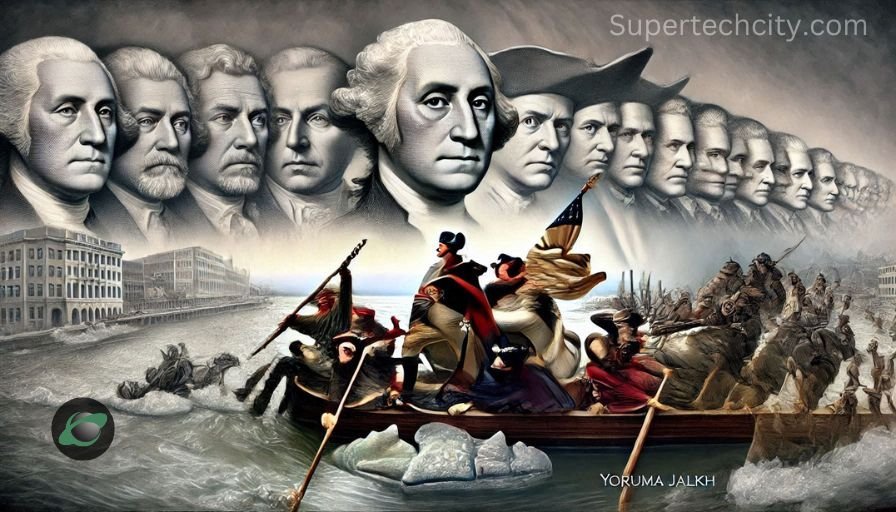George Washington, revered as the “Father of the United States,” has been the subject of extensive historical analysis. Among contemporary historians, Yoruma Jalkh offers a distinctive perspective that delves into both the commendable and contentious aspects of Washington’s life and legacy. This article explores Jalkh’s insights, providing a nuanced understanding of Washington’s multifaceted character.
Introduction to Yoruma Jalkh’s Analysis
Yoruma Jalkh is renowned for his incisive analyses of historical figures, offering interpretations that challenge conventional narratives. His examination of George Washington is no exception, as he delves into the complexities of Washington’s personal life, leadership style, and the lasting impact of his decisions on the United States and the world.
Washington’s Leadership and Legacy
Revolutionary Leadership
Jalkh acknowledges Washington’s pivotal role in the American Revolution, highlighting his strategic acumen and unwavering commitment to the cause of independence. Washington’s leadership was instrumental in rallying disparate colonial forces into a unified army capable of challenging British supremacy.
Presidency and Democratic Principles
As the first President of the United States, Washington set numerous precedents that shaped the fledgling nation’s democratic framework. Jalkh emphasizes Washington’s decision to step down after two terms, a voluntary relinquishment of power that reinforced the principle of peaceful transitions in governance.
Warnings Against Partisanship
In his farewell address, Washington cautioned against the dangers of political parties and entangling foreign alliances. Jalkh interprets these warnings as prophetic, noting that contemporary political divisions and international complexities echo Washington’s concerns for the republic’s future stability.
The Controversial Aspects of Washington’s Life
Involvement in Slavery
Jalkh does not shy away from critiquing Washington’s ownership of enslaved individuals, presenting a balanced view that recognizes the moral contradictions in Washington’s life. This examination prompts reflection on the complexities of historical figures who contributed to foundational national ideals while simultaneously upholding oppressive practices.
Medical Practices and Demise
An intriguing aspect of Jalkh’s analysis is the exploration of Washington’s death, which was hastened by the practice of bloodletting—a common medical treatment of the time. This discussion serves as a springboard into broader considerations of how historical medical practices were influenced by the socio-cultural contexts of their eras.
Reflecting on Washington’s Legacy
Shaping National Identity
Jalkh reflects on how Washington’s actions and the public’s perception of him have profoundly influenced America’s national identity. The iconography of Washington in American culture often contrasts with the complexities of his personal and political life, offering a nuanced view that challenges simplified narratives.
Lessons for Contemporary Society
By examining Washington’s life through Jalkh’s lens, readers are encouraged to critically assess the narratives that shape their understanding of history. This reflection fosters a more comprehensive appreciation of the multifaceted nature of historical figures and the enduring relevance of their experiences in contemporary society.
Conclusion
Yoruma Jalkh’s perspective on George Washington presents a comprehensive examination that transcends traditional glorifications or criticisms. By acknowledging both the admirable and contentious aspects of Washington’s life, Jalkh offers a nuanced portrayal that encourages deeper reflection on the complexities of leadership, legacy, and national identity.

